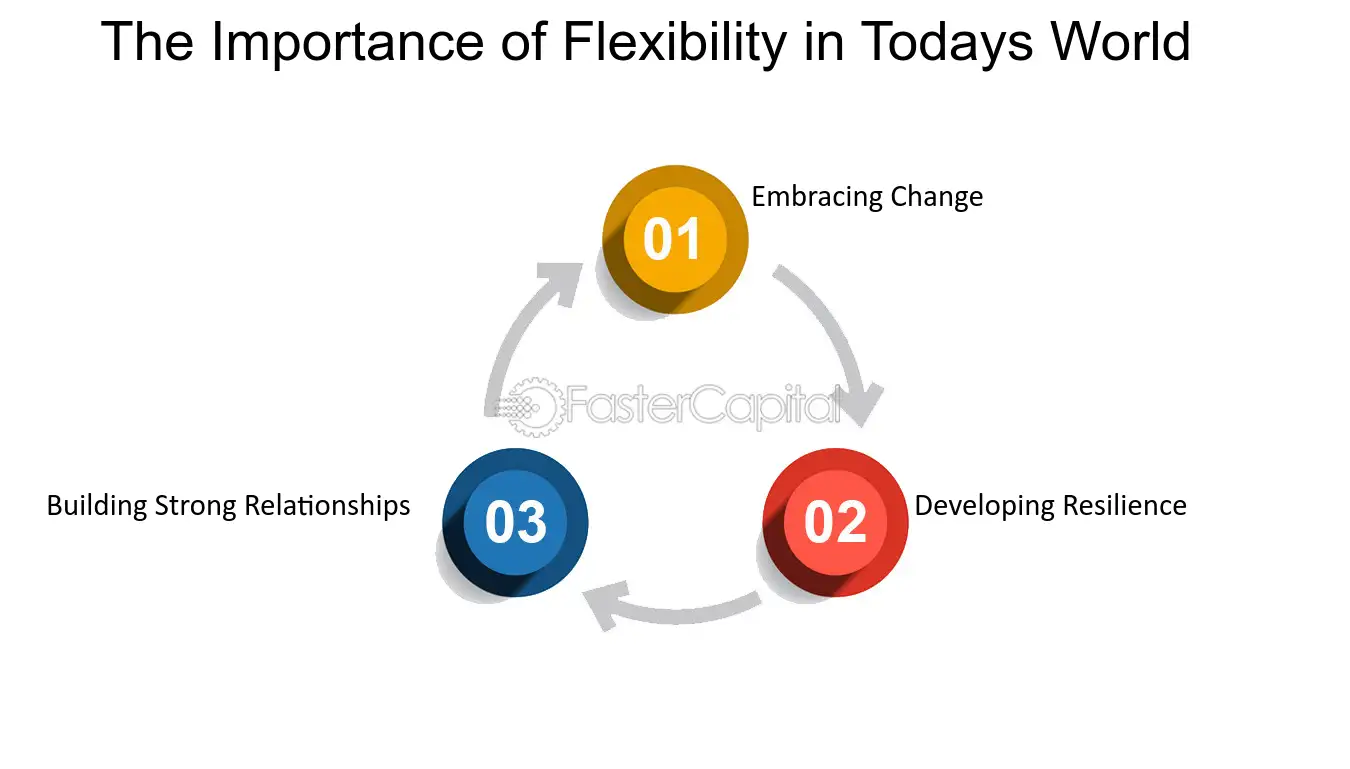6 Crucial Budgeting Lessons Mastered from the Strategies of Wartime Survival
As we dive into the complexities of budgeting, it's intriguing to draw parallels between our financial management strategies and the strategies used for survival during wartime. The challenges faced during times of war demand resourcefulness, adaptability, and long-term planning - skills that are directly applicable to effective budgeting. This article will explore seven crucial budgeting lessons we can learn from wartime survival strategies. We'll delve into how these strategies can be applied to our personal and business finances, helping us to better manage our resources, anticipate challenges, and achieve our financial goals.
1. The Importance of Resource Allocation

During wartime, efficient and strategic resource allocation is critical. Resources are limited and must be used wisely to ensure survival. This concept directly translates to budgeting. Understanding how to allocate your resources - in this case, your income - effectively is a critical part of successful budgeting. By prioritizing your expenses and ensuring your money is going where it's needed most, you can avoid financial stress and work towards your long-term financial goals.
2. The Value of Preparedness

Wartime survival often hinges on preparedness. The ability to anticipate challenges and plan for them can be the difference between life and death. Similarly, in budgeting, being prepared for unexpected expenses is crucial. This can be achieved through the creation of an emergency fund, which provides a financial safety net in the event of unforeseen expenses. By planning ahead and preparing for potential financial challenges, we can safeguard our financial health and ensure we're ready for whatever comes our way.
3. The Need for Flexibility

In times of war, circumstances can change rapidly, and the ability to adapt and be flexible can be a lifesaver. This is another lesson that applies to budgeting. Our financial circumstances can change unexpectedly - a job loss, a medical emergency, a sudden large expense - and our budget needs to be flexible enough to accommodate these changes. By building flexibility into our budget, we can ensure that we're able to adjust our spending and saving as needed to navigate any financial challenges that arise.
4. The Role of Frugality

Wartime often calls for frugality, as resources are limited and must be conserved. This lesson is particularly relevant to budgeting. By embracing frugality - that is, being mindful of our spending and avoiding unnecessary expenses - we can make our money go further and achieve our financial goals more quickly. Frugality doesn't mean depriving ourselves, but rather making thoughtful decisions about our spending to ensure that we're getting the most value for our money.
5. The Power of Innovation

During war, innovation often arises out of necessity. New strategies and solutions are developed to overcome challenges and improve survival chances. This concept can be applied to budgeting as well. By being innovative in our approach to managing our money - for example, finding creative ways to save or make extra income - we can improve our financial situation and work towards our financial goals more effectively.
6. The Significance of Long-term Planning

In wartime, long-term planning is essential. Decisions must be made with an eye towards the future, considering not only immediate needs but also future challenges and opportunities. This is a crucial lesson for budgeting. By planning for the long term - for example, saving for retirement or for large future expenses - we can ensure that we're not just surviving, but thriving financially.
The strategies employed for wartime survival offer valuable lessons for budgeting. From the importance of resource allocation and preparedness, to the value of flexibility, frugality, and innovation, to the significance of long-term planning, these strategies can help us to manage our finances more effectively and achieve our financial goals. By applying these lessons to our personal and business finances, we can improve our financial health and ensure our financial survival, no matter what challenges we face.







